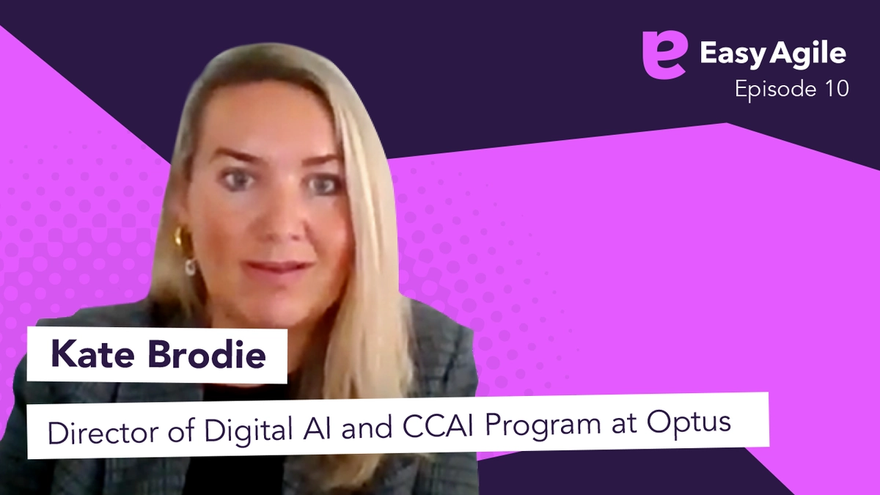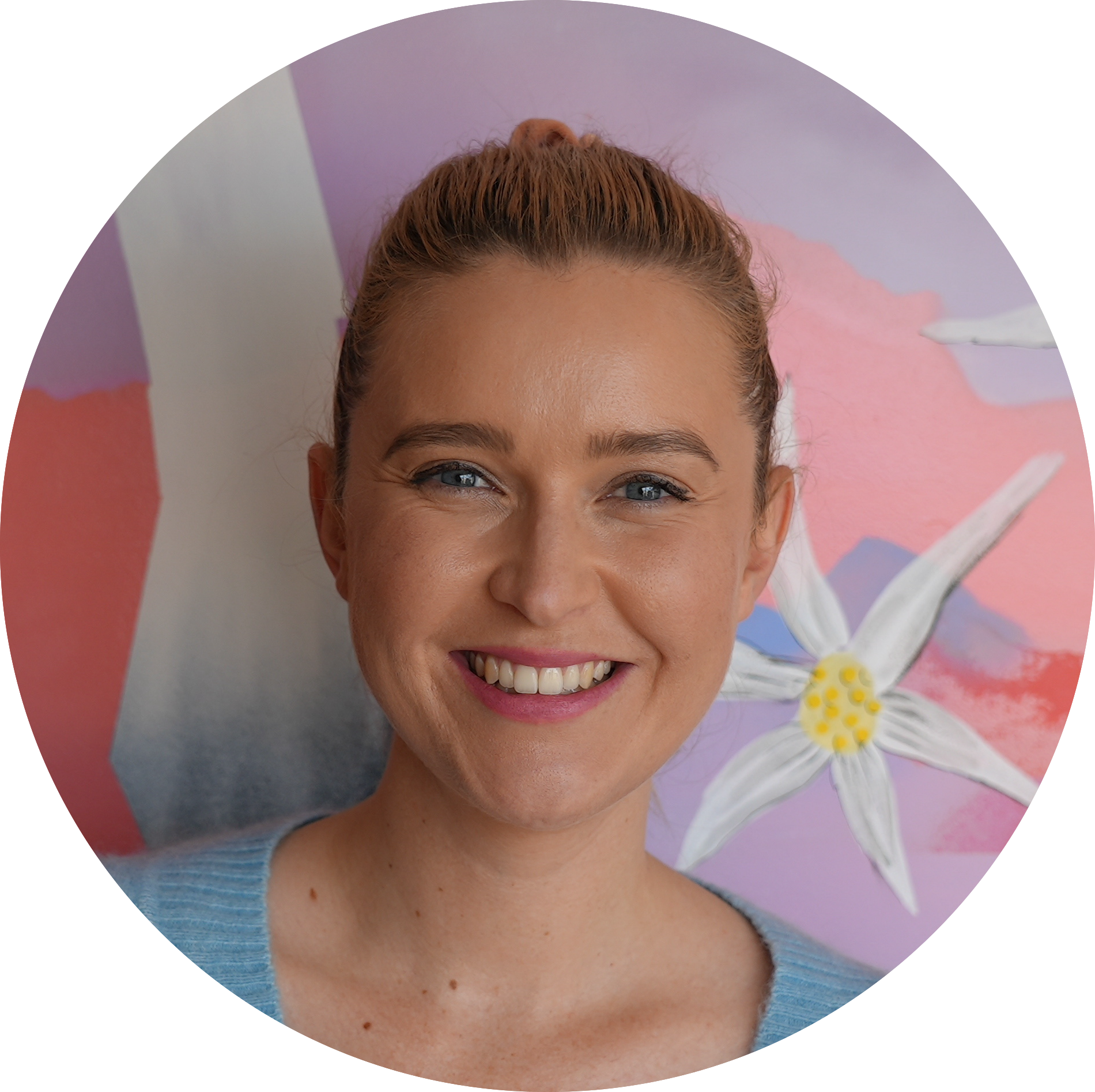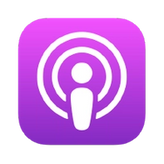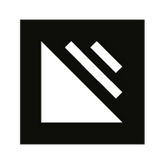Podcast
18 min read
Easy Agile Podcast Ep.10 Kate Brodie, Director of Digital AI and CCAI Program at Optus
Fri Jun 11 2021

"It was great chat about Kate's experience working in an agile environment, and learning what artificial intelligence looks like at Optus"
Kate shares her experience of an agile transformation at Optus and the incredible impact it has had on the company. Delivering faster & enabling a sense of ownership & accountability amongst teams.
Kate also shares some great advice from embracing hybrid roles throughout her career, a gentle reminder to never put limits on yourself and adopting a “no risk no return” mentality.
Be sure to subscribe, enjoy the episode 🎧
Transcript
Hayley Rodd:
Well, thank you for joining us here on the Easy Agile Podcast. Here in Wollongong things are a little different from when we last had a chat. We've since been put into lockdown as part of the Greater Sydney region, but I'm delighted to bring you this podcast from here in Wollongong. And also it maybe helps ease some of those lockdown blues that you might be suffering if you're in the same part of the world as I am today or if you're in another part of the world that is maybe in the same predicament that we find ourselves here in Wollongong in. So, I'd like to introduce myself. So my name is Hayley Rodd and I am the product marketing manager or one of the product marketing managers here at Easy Agile. And I have a great guest today, an old friend of mine but before we kick off with the podcast, I'd like to say any acknowledgement of country.
Hayley Rodd:
So here at Easy Agile, we acknowledge the traditional custodians of the land where we work and we live. We celebrate the diversity of Aboriginal people and their ongoing cultures and connections to the land and waters of New South Wales. We pay our respects to elders past, present and emerging and acknowledge the Aboriginal and Torres Strait Islander people and their contribution to the development of this tool. And now, to our guest, Kate Brodie. Kate is an old friend of mine from here in The Ngong or Wollongong if you're not from this region. And has been very successful in her pursuit of a career in technology. So a little bit about Kate. Katie is the director of digital AI and CCAI programs at Optus. Kate is now based in Sydney, Australia and is a leader in AI, digital and new emerging technology. Katie is responsible for Optus's AI, digital, portfolio and chapter working in an agile environment every day today.
Hayley Rodd:
Kate leads the development of new products to take to market and scale routines in an agile environment advocating for build, measure, learn culture. Most recently, Kate has been in charge of leading an enterprise first to market API consulting chatbox in Australia, compatible with Google Home. So obviously Kate is an extremely impressive person and I wanted to chat to her today about her career and also her role in the Agile team. But beyond that, I wanted to touch on women in technology and leadership, something that Kate has spoken about recently with Vogue Australia. So, thanks so much to Kate for joining us today. And I can't wait to share some of the advice from the lessons that Kate has learned through her career. Thank you so much for joining me today, Kate. It's really wonderful to see you. So could you tell me a bit about, I guess what your day-to-day looks like when you're at the office?
Kate Brodie:
Yeah, thank you for having me. My day-to-day is quite varied. I would say that in my role, I'm very lucky to work with lots of different people, engineers, designers, business people, marketers and more recently a lot of different partners including Google. So, a lot of my day is working between different groups, strategically thinking about how we're going to continue to create a particular vision and future together for our customers. And then parts of it are related more to the technology and how we're ensuring that we've got our teams performing at a level that will allow us to meet those goals. And yeah, day-to-day, I'm talking to a lot of different.
Hayley Rodd:
So, when we were chatting just before we started recording, you were telling me a little bit about your start in marketing and now you've moved over to technology, can you tell me a little bit about how you don't want people to feel pigeonholed, I guess in their careers or in their career path?
Kate Brodie:
Yeah, absolutely. I really believe that anyone can get into anything if they put the effort behind it. And so I really think that no one should ever put limits on themselves. For me, it was partly because I was surrounded by really great people who supported me in trying lots of different things. And I think the way in which you build your confidence and start to move between different disciplines is by getting your hands dirty and just having a crack. So, I think it's important particularly and in this day and age for people to be open and not really put strong defined titles on themselves so that they do have a sense of freedom to kind of move around and try different roles because ultimately what is available today is probably going to look very different in 30 years time so... Yeah.
Hayley Rodd:
And do you still consider yourself a marketer or are you something, hybrid? What are you now?
Kate Brodie:
I would say that I am a technologist. I think that it requires the ability to have a bit of a marketing brain because you need to know how you're going to apply it in order to make a real impact, whether that's for customers, employees or commercially. But definitely with a strong kind of technology digital focus now, I wouldn't say that I would be purely seen as a marketer these days, but definitely it's about having that broad skill set and I think marketing's critical to being able to create great products.
Hayley Rodd:
Perfect. So, when I think of AI, I think of self-driving cars, someone who is very new to the technology industry myself. Could you unpack, I guess what AI means for Optus?
Kate Brodie:
Mm-hmm (affirmative). I think that what you've just said is shared by many. Artificial intelligence is just such a broad concept and it really is related to creating intelligent machines that can ultimately perform tasks or imitate behavior that we might consider human life. And so that can range from really narrow experiences like reading a brochure in a different language using AI to kind of rate it in the language that you can understand to kind of these macro experiences like you've just described with self-driving cars and completely changing the way that we travel. So, I think that AI is such a broad term where it will mean different things for different groups. At Optus, it's about creating lasting customer relationships with people and allowing them to connect with others. And so where we use AI in a variety of different places, it can be in our products themselves.
Kate Brodie:
So for instance, we just recently launched a really amazing product called Call Translate. And that's where in the call you can actually interact with people in different languages on that same phone call so breaking down those communication barriers that have existed before. So that's super exciting. And then there's other places where we're using it, for instance in our sales and service functions that we can more easily automate the simple tasks and give more time to our people to grow and create those types of relationships with our customers. So, we're using artificial intelligence in many different ways, but I think it's really exciting in everything that we do, it's more driven towards how can we create a better customer experience. It's not about the technology in of itself, which is what I really like about it.
Hayley Rodd:
Yeah. Nice. And it sounds like that that call translation would just... Could have so many applications and have... I'm even just thinking about in this COVID circumstance we... You're trying to get a message across to people to stay home and all those sorts of things like... Wow. Okay.
Kate Brodie:
Yeah. And there are some beautiful stories of people who are not able to go home with their young kids, travel home to their countries where their families are. And so they can have the grandkids talking to the grandparents more easily as they are learning different languages. So, it's really cool.
Hayley Rodd:
Wow. That's beautiful. So, in your title, there is, I, maybe assume it's an abbreviation, but it's somebody that says CCAI. Could you tell me what that is?
Kate Brodie:
CCAI stands for Contact Center Artificial Intelligence and it's actually a program of work that is used increasingly by different industries and refers to a particular product that Google is working with companies on. And so it's about re-imagining your contact center. So traditionally today banks, telecommunications companies, big organizations with lots of customers have a lot of customers that contact us regularly. And so this is a way of actually, how do we use AI to increasingly get to a point where you don't need to reach out to us but instead we're reaching out to you to better optimize your experiences with us. So, that's a little bit more of a program piece that's attached to my title at the moment.
Hayley Rodd:
Wonderful. So, prior to your current role, we're just going to get into the Agile space, which I know you seem extremely excited about at Optus and it's had some, I guess will be changes in the... Or it has some... Helped some massive changes at Optus. Before your current role what was your experience with that job?
Kate Brodie:
My current role and my experience with Agile has evolved. So, a couple of years ago, we rolled out Agile at a very large scale across our enterprise. So previously we had been using Agile in our IT teams for software development, but we actually started to roll out agile for product development. And I originally started as a product owner. So I was given a goal around creating a chatbot from scratch that would be supporting our teams. And with that, our Agile transformation involved breaking down the silos of divisions. So functional divisions. We started to merge into cross-functional squads and our squad was given the autonomy and the ownership to take on a particular initiative, and in my case, it was chatbot. And so I've actually experienced multiple roles within Agile including as a product owner and as a chapter lead, which was where I looked after a particular craft of people who run across multiple squads in Agile.
Kate Brodie:
And now more recently, I've got squads that are working within my area to produce these products and these outcomes for us. My experience with Agile has been brilliant. The amount of impact that it's had on our company is incredible. So, over the last couple of years, and this is pre COVID, we had a big target around moving towards a really digital led experience. And so we've seen our customers who used to choose digital around six...
Kate Brodie:
Around 65% of our customers would choose digital a couple of years ago and now it's more like 85%. So these big swings have come as a result of, I think, breaking down those silos and working in a more Agile way. Just on that I think what I like about Agile is that it's not about showcases and stand ups, it's actually about the culture that Agile allows for. So I think it allows for a lot more ideas and innovation because you have this mix of people who didn't traditionally sit with one another being together. And then also you can just deliver faster because you can cut through a lot of noise by working together. And the last piece I think is definitely that ownership and accountability for driving an outcome as opposed to delivering a piece of the puzzle, I think, yeah, Agile's been massive for us.
Hayley Rodd:
So, and you said that it was a big roll out across the organization. So does that mean that everyone within Optus works within an Agile framework or is there still sections that I guess don't employ Agile.
Kate Brodie:
There are areas of the business that aren't completely agile at this point in time. And I think they are areas of the business that makes sense. So sometimes in research and the like, you need to have a bit more freedom to sit back and ideate, although they would adopt principles of Agile so that they time box ideas and the like. From a delivery perspective, most of the organization has transformed into Agile delivery.
Hayley Rodd:
Wow. So it sounds like your customers would be seeing a lot of value from the organization transforming to Agile. You said before that there was a lot of people in your life who allowed you to do things you felt confident in your ability because I guess they helped you get there. So, has there been a mentor that I guess you look back on in your career or even now that has had an impact on where you are?
Kate Brodie:
I think that I've had a lot of different people who have been my mentor at different stages and who I would call upon now. So, I like to probably not have one mentor, but sort of look at the variety of people and their different skills and take a little bit of this, take a little bit of that, learn from this person on a particular area. There have definitely been some people who stand out. And so, early on one of the things that was really useful for me was being supported by a particular general manager who basically sort of pushed me into digital and technology and sort of, I was just very fortunate that he believed in me and said, "Now, you can run this area." I had never really been exposed to it. This is 10 years ago when digital was still sort of seen as more of a complimentary area as opposed to core, to a business.
Kate Brodie:
And by him supporting me in having a go at everything that's been... That's actually one of the most pivotal moments I would say in my career very early on that that's really led the way for me to increasingly get into the area that I'm in today. And along the way, obviously, there's been many people who have made a huge contribution to where I'm at and they're both in my career, but also outside. So, people that you play sport with people that you just have, that you share different stories with, I think that often you take a little bit from everyone and hopefully you give back something to those people too.
Hayley Rodd:
Yeah, I'm sure you do. So, is there any... Looking back on all those people that you've had throughout your life who have helped you get to where you are, is there a piece of advice that might have stuck with you that you could share with us?
Kate Brodie:
There's lots of different advice. I think one of them is, no risk no return. I really do think that you have to have a crack, you have to put yourself out there. The things that always been the most satisfying experiences have been by having a go at something that I hadn't done before. So I think no risk no return is something that I definitely subscribe to. And then in terms of some practical advice, particularly as a female, I think in your career, something called the assumptive close, which is a sales technique, around almost not asking if someone would like something but sort of implying that they would. I actually would say that I use that technique not to necessarily directly sell to someone, but in everything that I do and I would really encourage most people to use it. It was some early feedback in my career and it's been quite useful along the way.
Hayley Rodd:
Yeah. [inaudible 00:18:51] after working in real estate for a little while, I think a lot of real estate agents also assume the sale. So, and it just it... I think it can help with the confidence and going in there and I guess almost putting yourself in a position of power in the conversation when you assume you've got this in the bag. So yeah, it probably comes naturally to some people more than others, myself included, but I would struggle with that, but that's a really good piece of advice. So yeah, I'm sure that it will be helpful for a lot of people who are listening to the podcast now. So what about... What's your proudest moment as a leader there at Optus so far? I know that you're in Vogue recently. That's an amazing moment. And as a person who's known you for a really long time, that was a proud moment for me to see someone that I'd known do that, but for you, what's the proud moment?
Kate Brodie:
[inaudible 00:19:58] I think probably my proudest moment is when I've launched something large. So recently we launched a large piece of technology that will change the experience for our customers, but it wasn't as much the launch as it was looking around me and seeing the people that are there with me doing it. And there are quite a few amazing people that I get to work with. And having sort of started with a few of them in the early days, a few years ago, where we were sort of spitballing ideas and we had no products to now having large products that make a real impact to Australian consumers and to our business. It's those moments where it's actually the team around you that it... I'm most proud of. It's just the high engagement and the drive and the culture that we've created where people want to work in this area and we all enjoy creating these experiences together. So I think definitely I'm most proud of the team culture and environment that we've set.
Hayley Rodd:
Yeah. Sounds amazing. We're lucky enough here at Easy Agile to have, I guess the same... A culture that you can be proud of as well, so, I can understand how it can be something that makes a huge impact every day. So, we're getting close to the end of our time together, but again, I guess I wanted to touch on a bit of gender diversity. So how does gender diversity benefit technology companies? What do you think?
Kate Brodie:
I think diversity in general is going to benefit any business and particularly technology businesses, because it's imperative that you have a representation of the population and the people that will use your technology and the experiences that you're trying to create. So I think that it's only by ensuring that we are tapping into the entire talent pool, that we can represent people and represent customers, but also we're going to get the best ideas. And so that's gender diversity but also culturally and in every sort of facet, the more that we can tap into the entire talent pool, the more we'll create better experiences, better technology, solve more of the world's problems and capture more opportunities.
Hayley Rodd:
Mm. Fantastic. And last question, what advice would you give a young woman hoping to enter the technology industry or a technology company?
Kate Brodie:
I would say go for it. I would say don't ever put limits on yourself and speak up, learn as much as you can and get your hands dirty because it's through that kind of confidence... Oh, sorry. It's through working with lots of different people and creating things with people from scratch that you'll gain your confidence as well. And always ask, don't sit there waiting for someone to sort of tap you on the shoulder, ask for that new opportunity, ask for the salary increase, ask, it won't hurt. I promise.
Hayley Rodd:
That's a good advice. What's the worst they could say?
Kate Brodie:
No, exactly.
Hayley Rodd:
No, yeah.
Kate Brodie:
Yeah. And that's why.
Hayley Rodd:
Or they might say yes. And then that's awesome too. Okay. Well, thank you so much, Kate, for your time. That was really wonderful. It was wonderful to catch up, but it was also wonderful to hear from someone who's so young in their career, has... But has also done so much and who has reached some amazing goals, has a team behind them. And I think that there's so many people who will watch this, myself included, who will learn a lot from you. So I really appreciate your time. Thank you.


